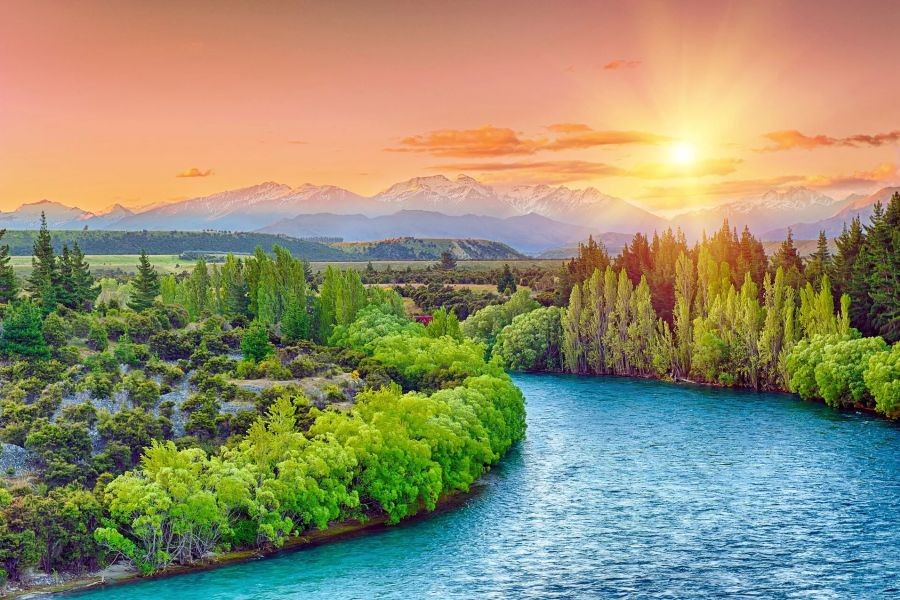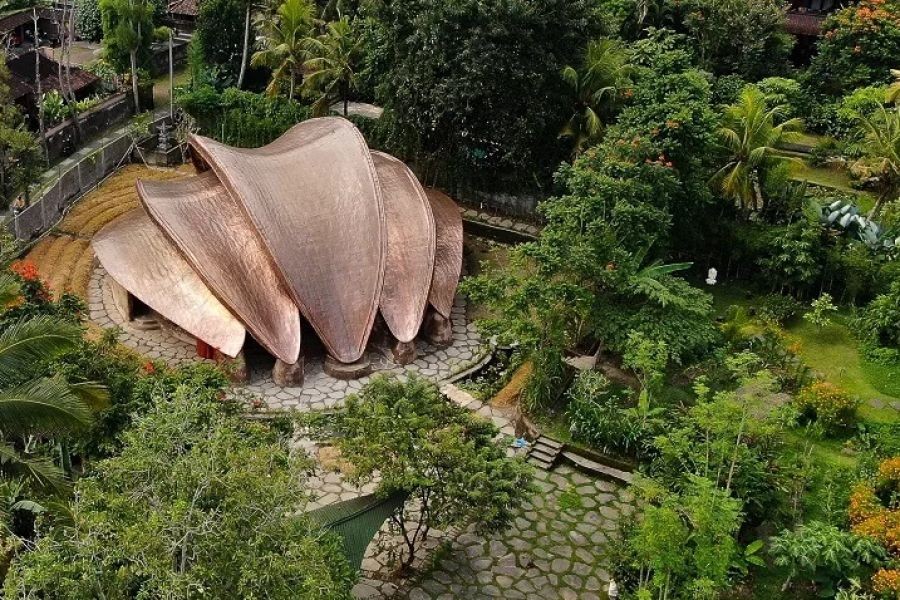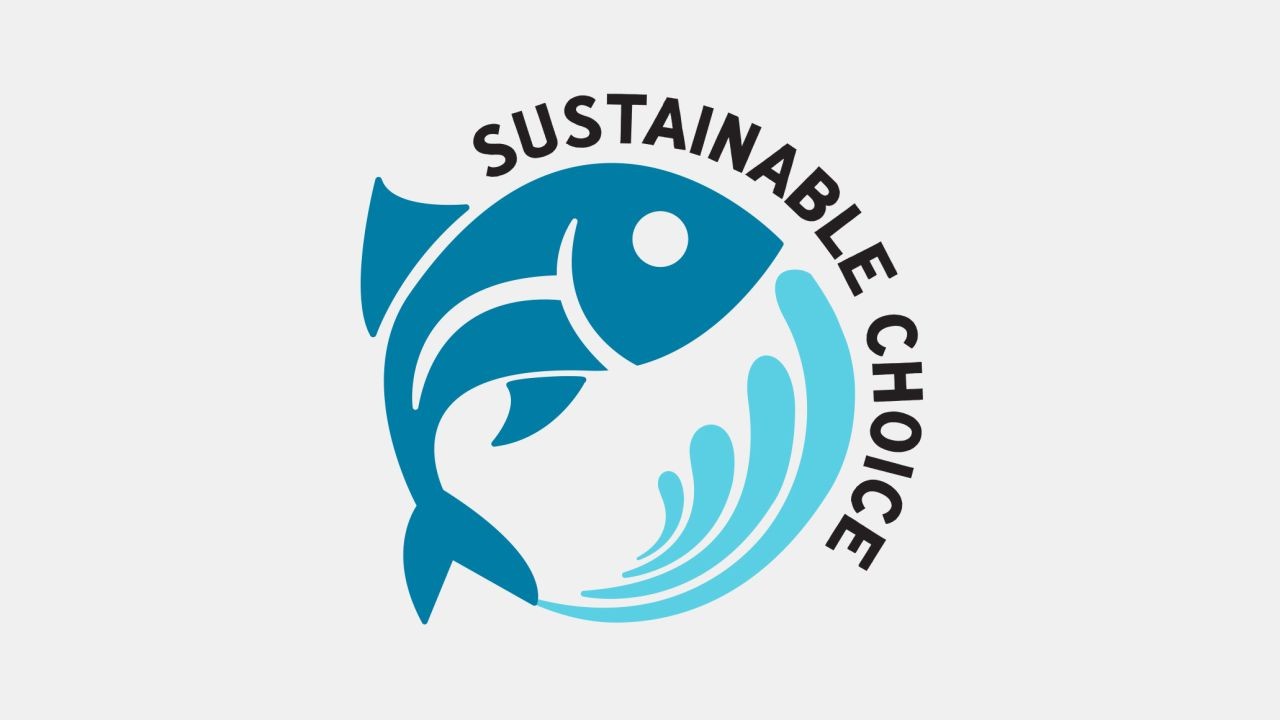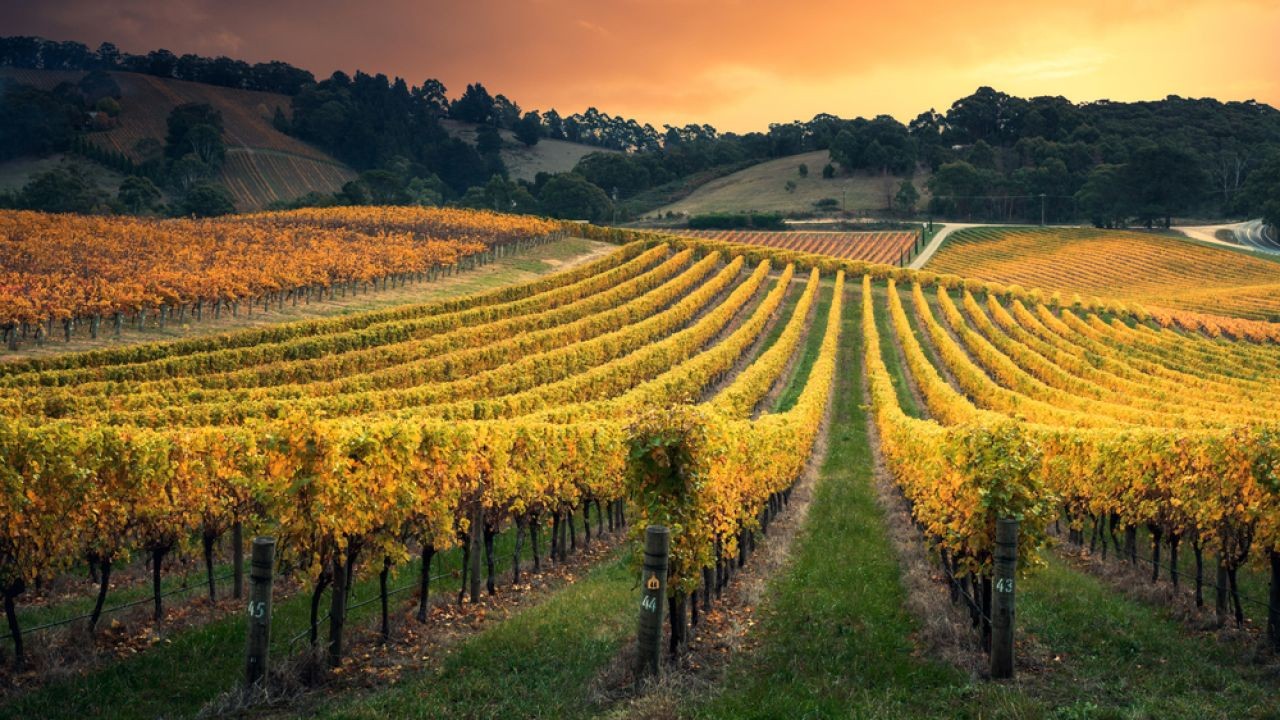New Zealand is renowned for its breathtaking landscapes and rich cultural heritage, yet the country's most frequented tourist spots often fail to capture the authentic Kiwi spirit. While locations like Queenstown and Rotorua draw global attention, they can overshadow the unique facets of New Zealand's identity that truly define the nation's essence. Unveiling these hidden gems and understanding their significance not only enhances cultural appreciation but also presents new opportunities for innovation consultants to reimagine tourism strategies.
Unmasking the True Kiwi Spirit: A Comparative Analysis
New Zealand's tourism industry significantly contributes to the nation's economy, accounting for 5.8% of GDP in 2021, according to Stats NZ. However, the focus on popular destinations risks creating a monocultural perception of the country's diverse offerings. This focus can misrepresent the Kiwi spirit, which is deeply rooted in community, innovation, and sustainability.
Conventional Tourist Hotspots vs. Authentic Experiences
- Queenstown: Known as the adventure capital, it offers thrilling activities but often misses the essence of local life.
- Rotorua: Famous for geothermal wonders, yet the commercialization might dilute genuine Maori cultural experiences.
In contrast, regions like Taranaki and the Catlins offer a more genuine glimpse into New Zealand's soul, with local communities embracing sustainable practices and cultural authenticity. These destinations provide innovation consultants with a fresh perspective on how tourism can be leveraged to highlight New Zealand's unique values.
Case Study: Taranaki – A Beacon of Innovation and Sustainability
Problem: Taranaki, a lesser-known region, struggled with attracting tourists due to its overshadowing by more famous destinations.
Action: The local government and businesses collaborated to promote Taranaki as a hub of innovation and sustainable living. They launched initiatives focusing on clean energy, eco-tourism, and cultural experiences that align with the community's values.
Result: Within three years, Taranaki saw a 30% increase in tourist visits, with a significant rise in eco-tourism activities. The region's commitment to sustainability attracted international accolades, establishing Taranaki as a leader in responsible tourism.
Takeaway: This case highlights the potential for innovation consultants to drive sustainable tourism models in New Zealand, focusing on regions that reflect the country's core values.
Debunking Myths: The Real New Zealand
Many myths about New Zealand tourism persist, often leading to misconceptions:
- Myth: "New Zealand is all about adventure tourism." Reality: While adventure tourism is popular, the country also offers rich cultural, historical, and ecological experiences that are equally compelling.
- Myth: "The best way to experience New Zealand is through organized tours." Reality: Self-guided tours and local interactions provide a more authentic understanding of the Kiwi lifestyle.
- Myth: "All Maori cultural experiences are commercialized." Reality: Many regions offer genuine Maori cultural engagements that are community-driven and preserve traditional practices.
Recognizing these myths allows innovation consultants to develop tourism strategies that promote a more accurate representation of New Zealand's identity.
Future Trends: Embracing the Kiwi Spirit in Tourism
Looking ahead, the future of New Zealand tourism lies in embracing the country's true spirit through innovation and sustainability. According to a report by MBIE, there is a growing demand for eco-friendly travel options and culturally immersive experiences. By 2026, it is predicted that sustainable tourism will account for 40% of the industry, driven by a shift towards environmental consciousness and cultural appreciation.
Innovation consultants have a pivotal role in shaping this landscape. By developing strategies that prioritize local engagement and sustainable practices, they can foster tourism that not only benefits the economy but also preserves New Zealand's cultural integrity.
Conclusion: The Road Ahead
New Zealand's most visited locations may not fully represent the Kiwi spirit, but there is a wealth of opportunities to redefine tourism in a way that aligns with the nation's values. Innovation consultants can lead this transformation by championing sustainable practices and promoting lesser-known regions that embody the true essence of New Zealand. As the industry evolves, embracing these changes will ensure that tourism continues to be a vibrant and integral part of the Kiwi identity.
What are your thoughts on New Zealand's tourism landscape? Share your insights below!
Related Search Queries
- Authentic New Zealand experiences
- Sustainable tourism in New Zealand
- Hidden gems in New Zealand
- Maori cultural experiences
- Eco-tourism destinations in NZ
People Also Ask
- How does tourism impact New Zealand's economy? Tourism contributes significantly, accounting for 5.8% of GDP in 2021 (Stats NZ), driving economic growth and job creation.
- What are the best strategies for promoting sustainable tourism in New Zealand? Focus on local engagement, eco-friendly practices, and authentic cultural experiences to align with global sustainability trends.
- What are the biggest misconceptions about New Zealand tourism? One common myth is that adventure tourism is the sole attraction. However, the country offers diverse cultural and ecological experiences.

































nathancox25873
10 months ago